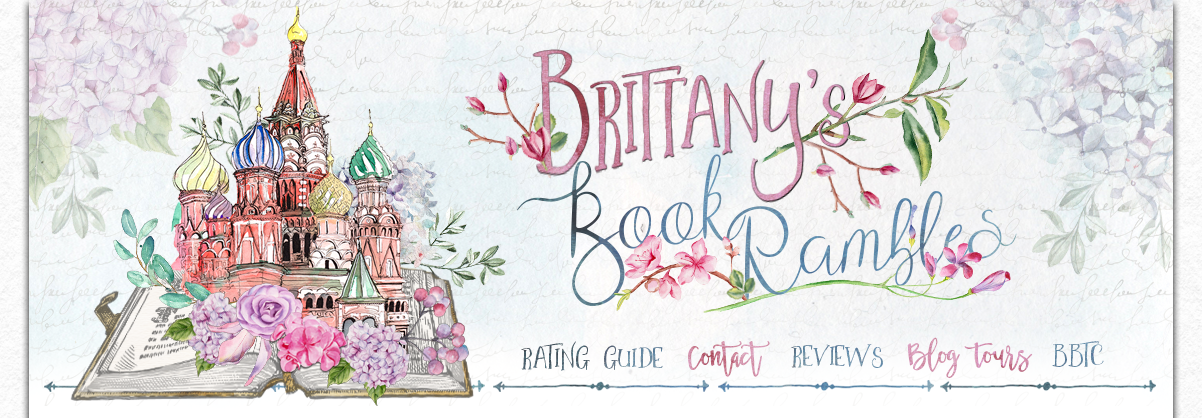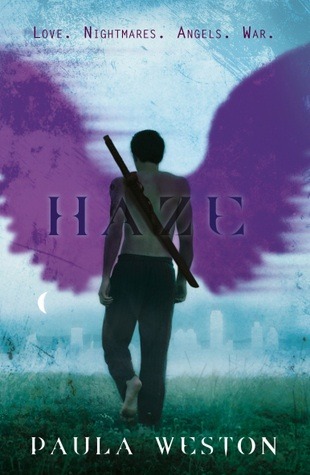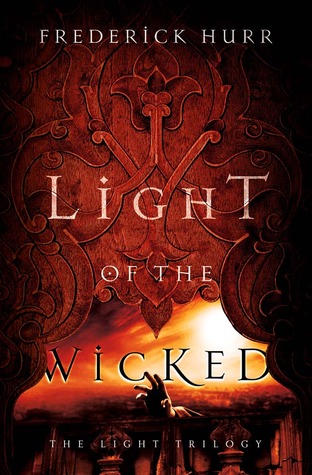2/5 Stars
Details of the Book
paperback, 514 pages
Published by Capital Electronic Reporting
Published on March 8, 2013
Buy it: Amazon | Barnes & Noble | Book Depository |
Details of the Book
paperback, 514 pages
Published by Capital Electronic Reporting
Published on March 8, 2013
Buy it: Amazon | Barnes & Noble | Book Depository |
Synopsis as taken from Goodreads.com: A tale of Haven and Hades, of watchful Guides and transmigrating Souls, and of the little, green Soul, from the Order of Agitators, who derails them all.
Narrated from both sides of life, The Anomaly presents an alternate reality, a dimension where every Person is a Player, where every Player is a reincarnated Soul, and where every Soul is a patron of either Haven or Hades... except Zia.
Chilkoot Pass, Alaska 1898. From Zia's lies come a disastrous ripple effect; her 10th life ends, the paths of four others skew, and the cord to humanity's future shifts. Haven and Hades ignite into war. Across celestial and physical planes, Hades sends their most ruthless Soul--Triite, Order of Persuaders--to track, target, and coerce Zia. While fighting Hades' plots to claim or destroy her, Haven discovers a paradox within Zia's Soul--a devastating paradox. For Haven to have any chance of regaining the cord in the 21st Century, they must first win another battle--a battle of wits, wisdom, and strategies to redeem the irrepressible prankster, practiced opportunist, artful liar Zia.
Thank you to the author Wendy Joyce for sending me a paperback copy of The Anomaly in exchange for an honest review.
This is a book about souls that get reincarnated into different "players" (humans) in order to decide who has more influence over the universe, "One" (God) or "BeezleNiine" (The Devil). This book seemed like it was meant for teenagers and young adults to be able to relate to. However in my opinion, it read like an adult writing what she thinks teenagers and young adults are like. I'll expand on this when I talk about the character Zia later in the review. Admittedly, I had a hard time getting through this book because it was just so long, and there were so many details that in the end seemed inconsequential. It was only towards the last third of the book where everything seemed to fall into place and finally make sense.
Strengths/Likes:
1) I really liked all of the characters in this novel. Particularly, I loved Spaghetti-man. For those of you who decide to read this book, you'll know who I'm talking about.
2) After Book III, I felt that the entire story really started to pick up and become interesting. The plot flowed better and almost everything made sense.
3) I really appreciated the fact that justice was served in the book's conclusion. Too often, the "bad guys" are romanticized and redeemed in the end.
Dislikes/Weakness:
1) In the beginning, this book had a lot of details. These details described the Orders and Divisions of Haven. Although there is a list on the first page, the reader gets no real explanation until after approximately 100 pages into the book and even then, the explanations can only be inferred since the descriptions are written as if the reader should already know. I don't know how many readers (no matter how dedicated) would want to read over 100 pages before getting some sense of all the details that are thrown at them in the beginning of a book. And to be honest, if asked, I couldn't explain to anyone what was so important about the Neutral Point, what a Dyad is, or how it's decided what division souls end up (except the obvious ones like Order of Agitators and Order of Persuaders).
2) The book is written from both first and third person POV. While in the Zia's (the protagonist) point-of-view, the writing was in first-person, but when switched over to any of the other characters, it was written in third-person. This made it very confusing to differentiate whose point-of-view I was reading from.
3) All the sound effects were written out. If someone was humming, the humming itself was written out. Yelling, slamming, purring, flying, were all written like "IIEEEE" or "BAMM" or "WHOOSH" or "Grrgrrgrr." Despite the fact that most of the novel was written using very sophisticated diction, I felt that these sound effects just didn't fit. They just came off sounding childish and awkward.
4) Generally, I don't make a habit of commenting about the physical appearance of a book (with the whole "don't judge a book by its cover" and all) but in this case, the way it looked affected my experience as a reader. The book is 499 pages long, so I can only assume that this was done in an ill-attempt to make the book shorter. However there is no line spacing, and so everything is all smashed together.
5) This book was far too long, and at the same time somehow felt too crammed to include the overwhelming amount of information that was divulged. For an example, imagine if J.K. Rowling crammed all of the Harry Potter books into one huge novel--it would simply be too much information, too many characters, and too many details, especially if you're going to go to such an intense level of world-building. Therefore I would have preferred if the author had split this book into a trilogy, so that there would be more room for explanation and detail to the plot. I felt that Book I and Book II were so rushed that I could not get attached to any of the characters until I reached Book III. If I wasn't reviewing this book and I had simply picked it up on a whim, I would have stopped reading before reaching Book II.
6) It's imperative for the characters to develop their own distinctive voices and personalities, but often it was only by their names that I could really tell them apart. More specifically, there were two characters whose manner of speaking was too similar to one another: Zia, and Carly. When talking, both would go on and on, jumping from one tangent to another, often with tones that were tense and loud. In addition, all the men in this book sounded too similar, perhaps with the exception of Fikus and his father.
7) There was a lot of man-hating in this book. I understand why Zia, a female soul, hated being sent to live as a male (though I don't recall any real explanation as to why she wasn't allowed a female body) but the things that were said about the male gender were pretty harsh in general. Here are a few examples:
"'And it's all your fault, Mr. Perriman, because that's what all men do. All men. They marry beautiful young girls whose tender bodies can be claimed, soiled, and imprisoned by the man's planted seed. "Cook for me, clean for me, bear my children," until her beauty is spent, her lot is servitude, and her desires match those of a mongrel dog yearning for a master's approval and attention. And then, Mr. Perriman, what do men do? After he commits these atrocities on her, what do men do?' The irony started Monique laughing. 'He blames her, blames her for becoming a pathetic worn-out rag, and his eye wanders to the next pretty victim. That's what men do, Mr. Perriman. They sanction their iniquities by calling it love'"(83).
"I don't want the male brain. It's gummed up with ego and poisoned by testosterone" (72).
"He hated to argue with any woman because women were very good with words. They practiced their word-skills by nagging at me: Don't wash your dirty hands near the colander of noodles; don't scratch or fart in church; don't wear a hat or blow your nose at the dinner table. Women used their words either to nag or to confuse men" (222).
8) Zia's character as a soul is described as an adolescent, but to me, she came off more as a stubborn child who often acted too immature to be believable as a teenager. When she came into her gender-patched "player" body, she was supposed to be a grown woman (in her early 20s, I think), and yet she still acted no older than a nine-year-old. It seemed to me that the author tried her best to describe a teenager, but she did it from an adult point-of-view--the kind of adult that has forgotten what the world looks and sounds like from a younger person's point of view and thus has trouble expressing the thoughts and feelings of a younger character. Also despite the climactic ending, it's hard to read a book and relate to a character who hardly undergoes any character development throughout the course of 500 pages.
Favorite Quotes/Moments:
1) "People love themselves too much already. If someone has to search for their goodness, it means they're an asshole. Fikus made it sound like people were saints just for trying to be good. Months ago, the Youth Center's administration pulled that crap, insisting that each Blue Dolphin receive a ribbon at every meet, whether the kid butterflied beautifully or flailed miserably. The importance, they told me, was on the trying, not on the succeeding. Very nicely, I told them they were nuts. Trying to swim is called drowning" (282).







